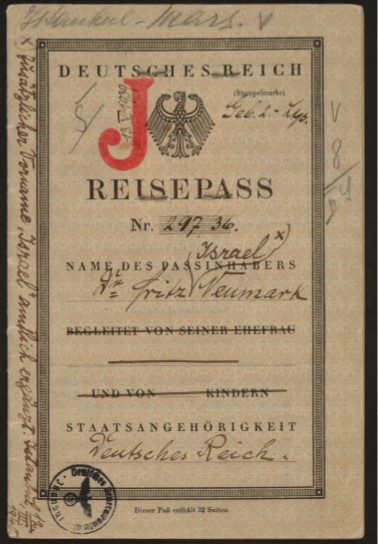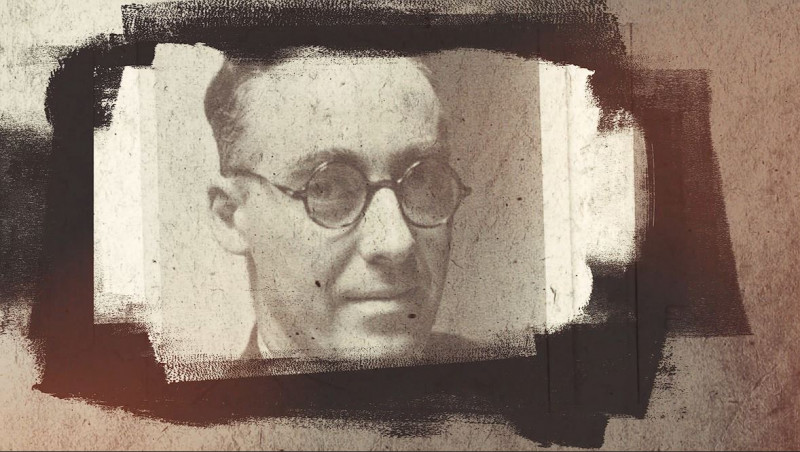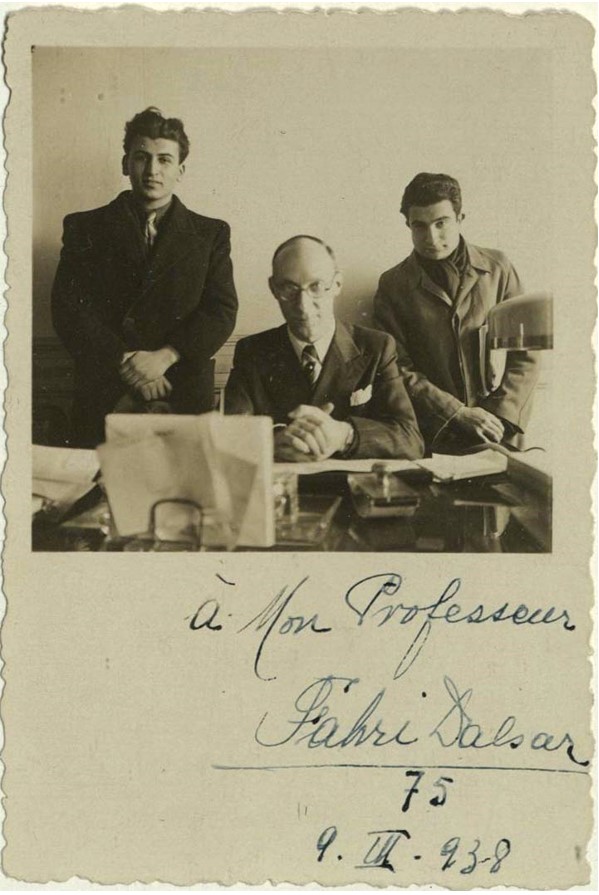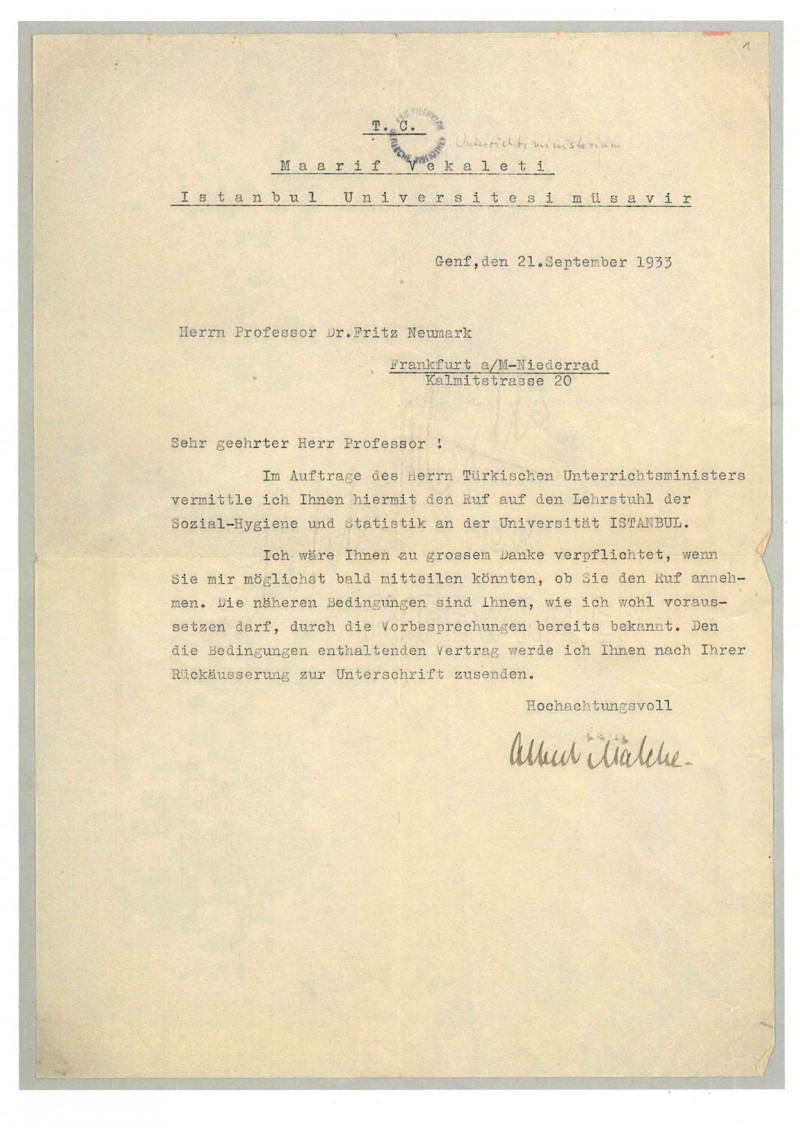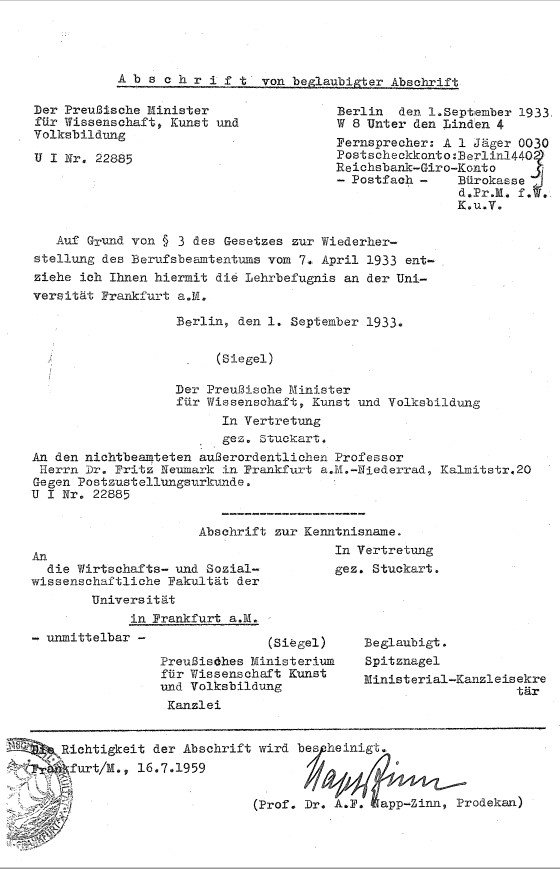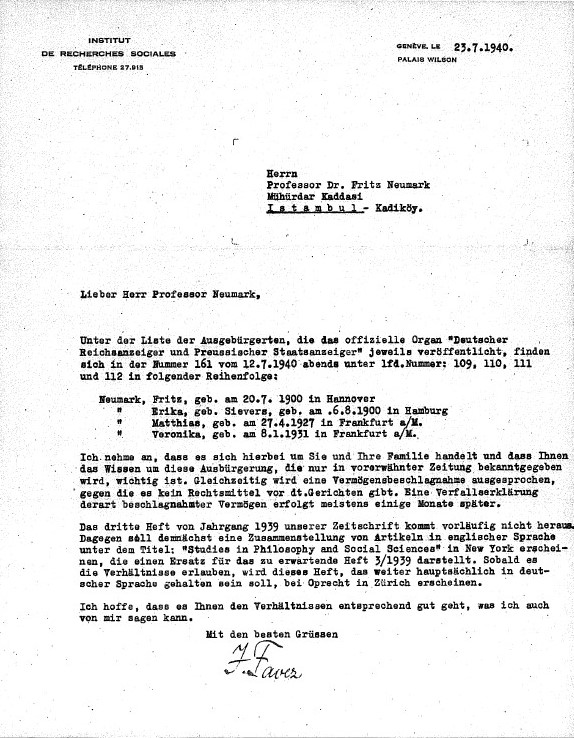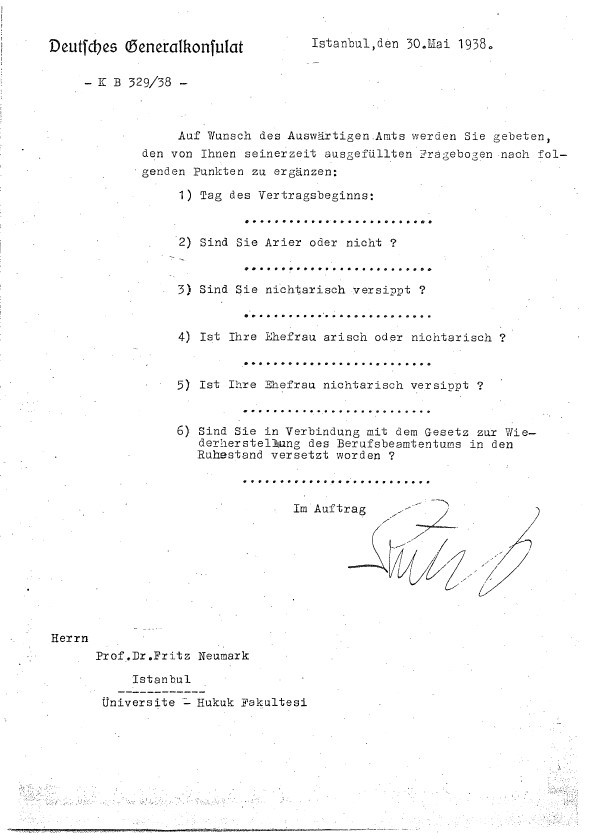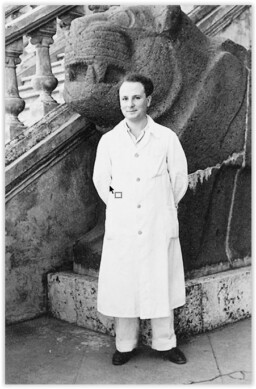Fritz Neumark was a German-Jewish financial scientist and Rector of the University of Frankfurt in 1954/55 and 1961/62. In the spring of 1933, Fritz Neumark lost his professorship at the University of Frankfurt because of his Jewish origins. In September 1933, he emigrated to Turkey with his wife and their two children, who were two and four years old. Through the mediation of the Notgemeinschaft deutscher Wissenschaftler im Ausland (Emergency Society for German Scholars in Exile), he was able to take up a professorship in the field of social hygiene and statistics at the University of Istanbul. Under the President Mustafa Kemal Atatürk, German scientists were welcome there. With their expertise, scientists in particular were to contribute to the development and modernization of Turkey.
He quickly acclimated and learned Turkish. This enabled him to maintain intensive contact with his students. Fritz Neumark soon edited an economics journal and wrote numerous professional publications. After the end of the war, Fritz Neumark initially remained in Turkey and headed the newly founded Institute of Financial Sciences at the University of Istanbul from 1946. He advised the Turkish government and central bank and was involved in the reform of the Turkish tax system. When he received a call to the University of Frankfurt in 1949, he initially accepted it only as a guest. In 1952 he decided to return to Germany permanently. He did not take German citizenship again until 1954, in addition to his Turkish citizenship.
Starting in 1933, Turkey invited specialized professionals and members of scientific and artistic professions from Germany to immigrate. They were to help develop economic, cultural and social life. Many were given leading positions, for example in ministries or at universities. At the University of Istanbul, more than half of the professorships were occupied by exiles by the mid-1940s. They passed on their professional and institutional knowledge and received a specialist salary in return. The conditions of their contracts also included learning the language quickly so that they would soon be able to teach and publish in Turkish. Political activity was forbidden to the emigrants.
German Reich passport for Fritz Neumark, issued by the German Consulate, Istanbul, 1936 © Deutsches Exilarchiv 1933-1945 der Deutschen Nationalbibliothek, NL Fritz Neumark, EB 91/155, with thanks to Bruce Peabody and the Neumark family.

